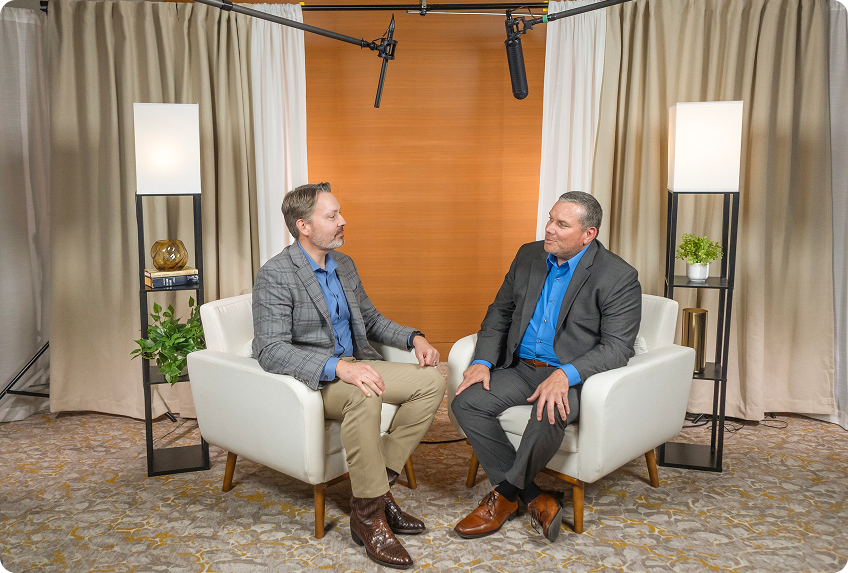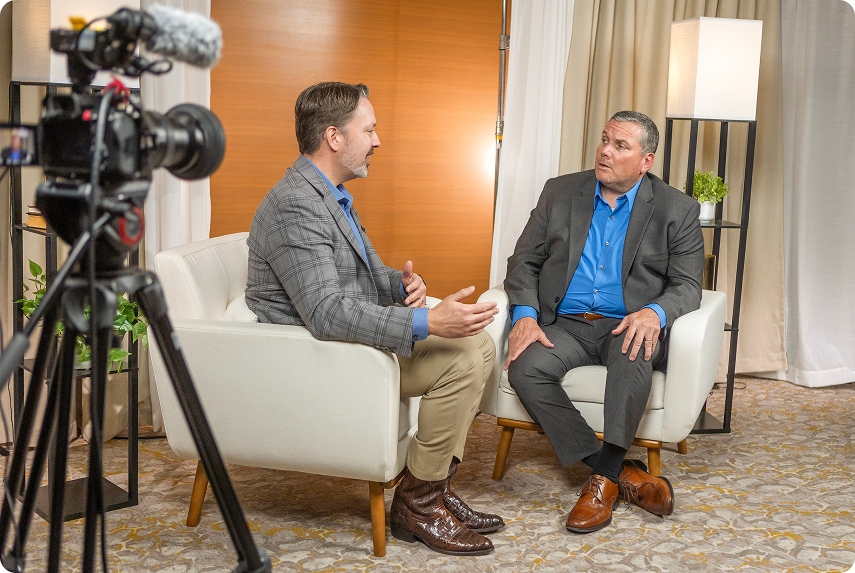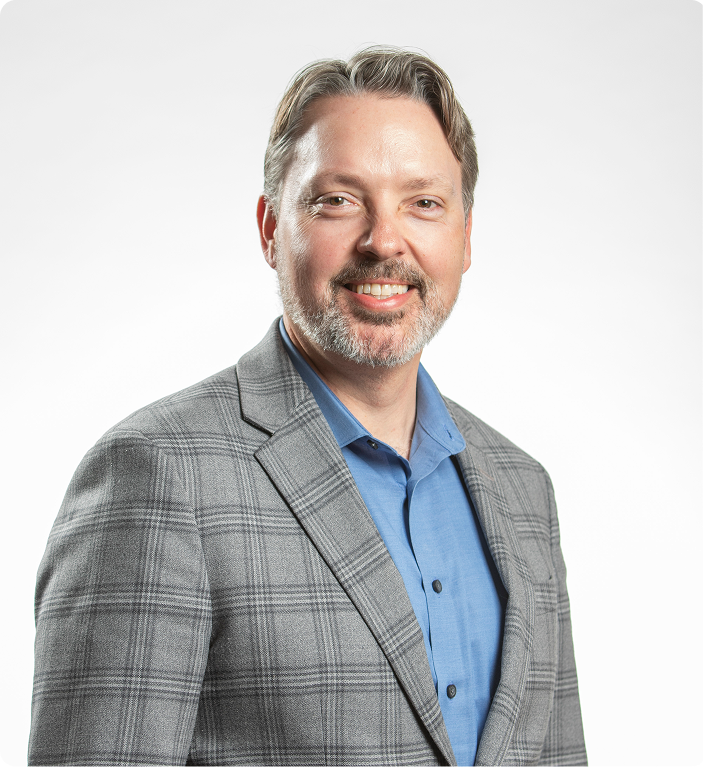Interview Recorded on March 21st, 2025
Dr. Dustin DeMoss isn't your typical physician — he's a triple-threat clinician who saw gaps in healthcare and decided to fill them himself. With training in internal medicine, psychiatry, and addiction medicine, he represents a new generation of doctors who don’t work in silos.
Dr. DeMoss turned obstacles into opportunities. When he returned to Fort Worth and found his institution had "no addiction footprint at all," he didn't complain — he built an entire addiction service line from scratch.
As both a practicing physician and the Psychiatry Residency Director at the University of North Texas Health Science Center, Dr. DeMoss embodies what he teaches. He's not the administrator hiding in meetings — he's the leader with "sleeves rolled up" working alongside residents in clinics, on consult services, and in inpatient settings because he wants his trainees to see that taking care of patients should be exciting, not exhausting.
The Texas Advantage: How Tragedy Sparked Innovation
Dr. DeMoss shares how Texas transformed its approach to mental health following mass shootings in the state. Rather than just offering thoughts and prayers, Texas put money behind solutions — funding residency expansions, placing mental health professionals in schools, and supporting clinician development.
The Culture Change Formula: Education + Heart
Dr. DeMoss describes confronting a colleague who called a patient "just a druggie." His approach wasn't preachy — it was personal and practical. He showed how changing one person's language and perspective creates ripple effects throughout entire healthcare teams.
The "Move the Needle" Philosophy for Overwhelmed Providers
When primary care doctors say they can't "open Pandora's box" with mental health issues, Dr. DeMoss offers a reframe: "You can open it, you don't have to address everything that comes out in that one session." His advice? Focus on what matters most to the patient, not what you think they need to work on. It's a simple shift that makes mental health care manageable for busy providers.
















